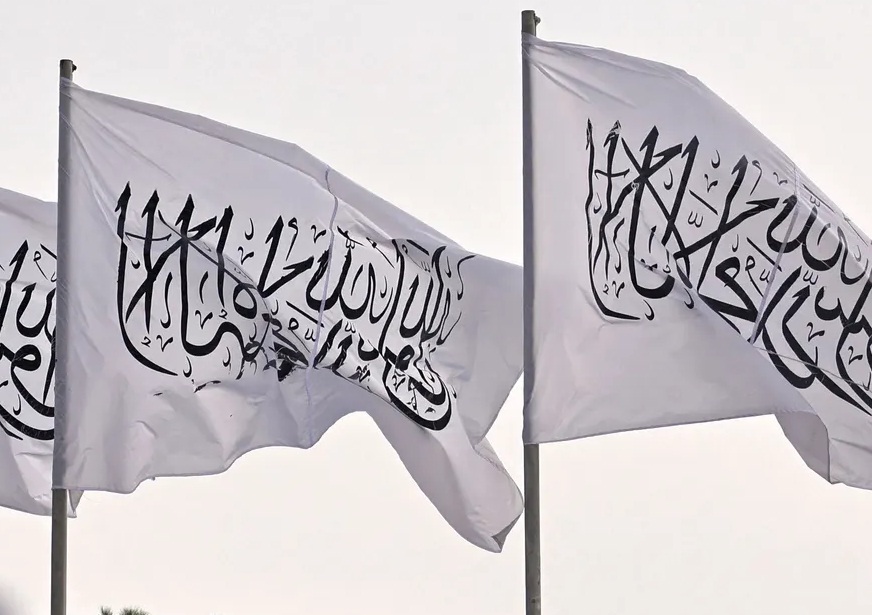The Ministry for the “Propagation of Virtue and the Prevention of Vice,” which was founded in 2021 following the Taliban’s takeover of Afghanistan, released the legislation last week….reports Asian Lite News
Afghanistan’s Taliban government has officially banned mixed martial arts (MMA), deeming the sport un-Islamic, according to a statement released by the country’s sports authority on Wednesday, media reported.
The sports authority’s statement, shared with AFP, explained that MMA was found to be “problematic with respect to sharia” and contained elements “contradictory to the teachings of Islam.” As a result, the Taliban government decided to prohibit the sport across the country.
An official from the sports authority further elaborated that the ban was partially due to the violent nature of MMA, which carries the risk of serious injury or death. The Taliban, who regained control of Afghanistan in 2021, have been enforcing a strict interpretation of Islamic law, recently solidifying rules on public behavior and dress codes, such as the prohibition of men wearing shorts above the knee.
Martial arts, in general, remain popular in Afghanistan, with four of the 11 Afghans who participated in the Paris Games, either on the national team or as part of the Refugee Olympic teams, being martial arts athletes. However, MMA has yet to be recognized as an Olympic sport, largely due to concerns over safety.
Meanwhile, with the enactment of new laws on “vice and virtue” by Taliban ministry that forbids women’s voices and bare faces from public life, women’s lives in Taliban-ruled Afghanistan have become even more limited.
The Ministry for the “Propagation of Virtue and the Prevention of Vice,” which was founded in 2021 following the Taliban’s takeover of Afghanistan, released the legislation last week.
That was the year that the military of the United States and other Western nations, including Canada, left the country, leaving a power vacuum that the militant group swiftly filled.
According to The Associated Press, which has reviewed the 114-page document, the new rules encompass many aspects of daily public life. This is the first official statement of “virtue laws” in Afghanistan since the takeover.
On Thursday, ministry spokesman Maulvi Abdul Ghafar Farooq stated, “Inshallah, we assure you that this Islamic law will be of great help in the promotion of virtue and the elimination of vice.” The laws were endorsed by supreme leader Hibatullah Akhundzada the previous day.
Article 13 of the document addresses women, detailing how they should dress and behave in public.
Women are now required to cover their entire bodies, including their faces, in public to prevent temptation and avoid tempting others. As a result, the commonly worn hijab, which covers only the hair and neck without covering the face, is no longer deemed acceptable, Global News reported.
Women are now prohibited from singing, reciting, or reading aloud in public, as a woman’s voice is considered “intimate” and should not be heard. It is not clear whether speaking is also prohibited.
Additionally, the laws state that women are not allowed to look at men who are not related to them by blood or marriage, and vice versa.
Violating these rules could lead to warnings, property confiscation, or detention for up to three days. The ministry has already been implementing similar morality standards and reports having detained thousands for breaches.
Heather Barr, associate director of Human Rights Watch’s women’s rights division, commented, “A lot of these rules were in place already but less formally and now they are being formalized. I think this is a sign of what we’ve been seeing over the last three years which is a steady and gradual escalation of the crackdown.”
These new laws follow the Taliban’s imposition of severe restrictions on women’s freedoms since their takeover. In 2022, the group prohibited women from attending school beyond the sixth grade, whereas previously, women were allowed to attend high schools and universities.
ALSO READ: Sleuths destroy drug processing lab in Afghanistan

Leave a Reply